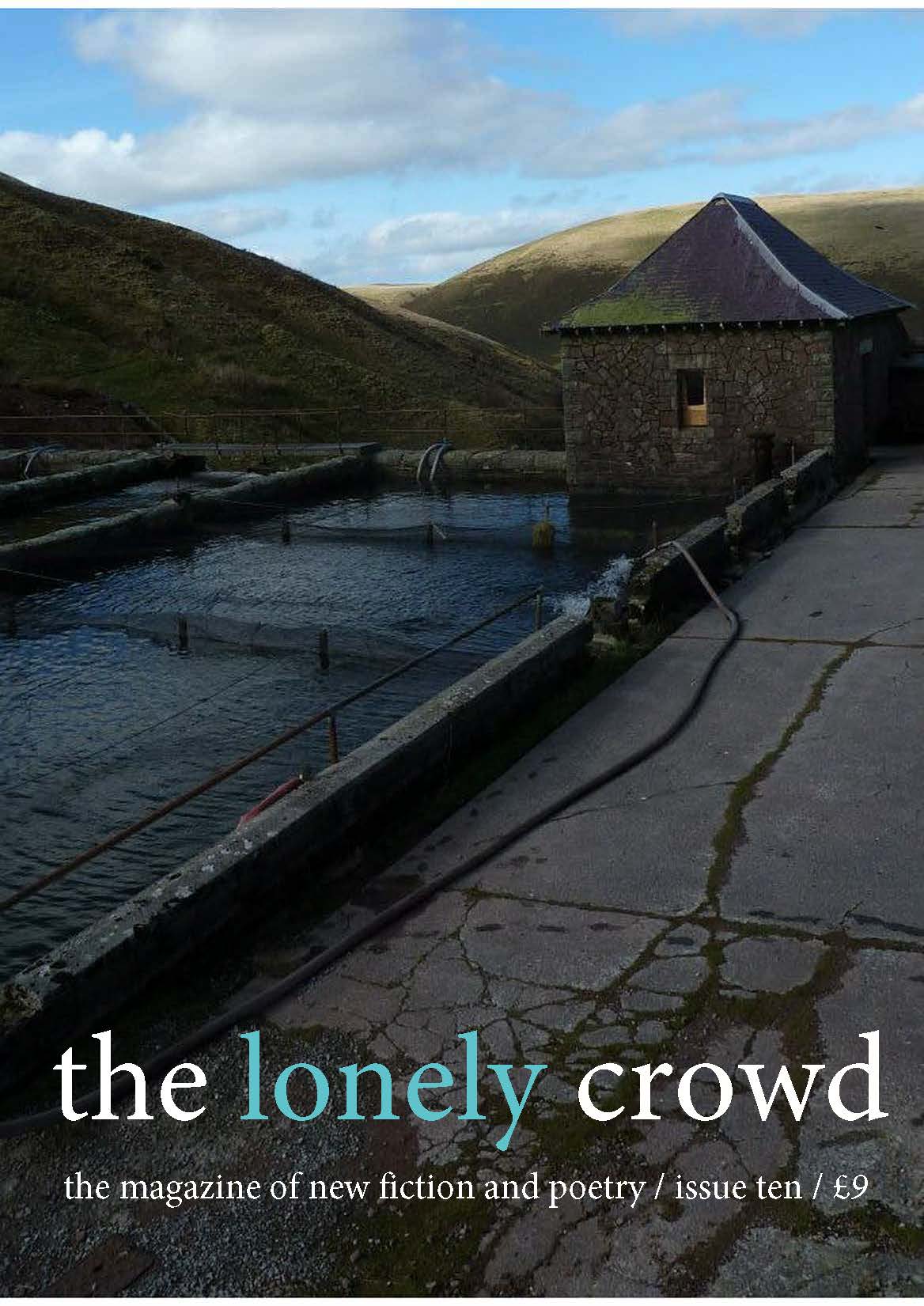NaPoWriMo kicks off on April 1 and writers around the world will attempt to write a poem a day for 30 days. I’ve taken part in NaPoWriMo and other 30-day challenges, and I’ve also hosted them. I thought it might be useful to share some tips about how to get the most out of an intensive creative challenge.
Why Do It?
Writing is a solitary experience – we are only accountable to ourselves and that can be isolating. A 30-day challenge provides the opportunity to:
- Focus: Put your writing front and centre for a set period of time.
- Commit: Show up at the page every day.
- Establish Boundaries: Protect your writing time as an integral part of your day.
- Create a Writing Habit: It only takes 22 days to form a habit.
- Be Part of a Community: Enjoy support and encouragement around a shared experience.
- Be Surprised: At what you can accomplish in a single month!
What to Expect?
Week 1 – enthusiasm, excitement, fun – it’s a novelty and you’re full of ideas!
Week 2 – life intrudes, miss a day and it feels like failure, habit starts to slip.
Week 3 – inspiration fades, repeating yourself, overwhelm, time to push through.
Week 4 – almost there, renewed spurt of energy, rush of adrenaline, triumph!
Top TIPS for Surviving NaPoWriMo
It’s easy to become overwhelmed and burn-out when doing an intensive challenge like this, or to miss a day due to the everyday responsibilities and feel like a failure. Here are some ideas to help you make it through.
- Go easy on yourself: NaPoWriMo is a bit of fun, not another chore. If you miss a day, start again the following day. If need to take a day to catch your breath, same. Don’t write off the whole challenge because of a couple of missed days. At the end of the month, you will still have achieved much more than you normally would or had even thought possible.
- Manage your mindset: The challenge is derived from NaNoWriMo – National Novel Writing Month in November, where the focus is on quantity, not quality. Think of it as a 30-day scavenger hunt – you want to spark an idea, capture the essence of it and move on. Switch off your critical voice. Knowing that these are fast first drafts takes the pressure off. As Jodi Picoult says: ‘You might not write well every day but you can always edit a bad page. You can’t edit a blank page.’
- Limit your writing time: I recommend a 15-minute free-write. It’s enough time to explore an idea or prompt but not so much that it will interfere with the rest of your day. It keeps the bar nice and low and the challenge manageable. Setting your alarm clock 15 minutes earlier or taking the time out at the end of the day isn’t too much of a hardship.
- Use prompts: Prompts focus the mind on finding the best way to write about a subject, rather than finding something to write about. It’s one less barrier to getting started and they can startle interesting responses that, otherwise, you might never have written. There are lots of resources online for writing prompts and the official NaPoWriMo site publishes a prompt every day.
- Join a group: Because it’s a global phenomenon, there’s so much support out there for poets during the month of April. A group provides encouragement for when the novelty wears off and you need to dig a little deeper. Check in once a day to keep yourself accountable. I recommend a ‘no critique’ environment as the work is just at the first draft stage – the focus of the group should simply be on supporting and encouraging one another in the task.
- Don’t try to write a complete poem in a day! Poems need time to come to fruition – this is about catching an idea, getting enough down on the page to pick up again later but do try to get the complete shape of the poem if you can. You’re creating a store of potential poems to come back to and develop.
- Manage Expectations: Not every idea will be genius and that’s OK. There is more to be gained in showing up at the page every day. It trains your mind to be receptive and open to new ideas. Think of it as a month of new beginnings, of exploration rather than achievement.
- Don’t Cheat: If you’re working with prompts, it can be tempting to pull a poem with a similar theme out of a drawer to give yourself a day off. The problem is your brain knows you didn’t do the work, that you’ve let yourself off the hook, and – because brains like problem-solving – it immediately goes looking for other ways to bunk off, the scamp! I recommend the fifteen-minute free-write for this reason – it’s achievable, even on the busiest of days. And if you need a day off, it’s better just to acknowledge this and start fresh the next day.
- Experiment with Poetic Form: Not every poem has to be an epic! On the days when the words are in short supply, try one of the many short poetic forms like Haiku, Cinquain, Triolet or Sonnet. Here’s a great resource of 100 Poetic Forms to play with.
- Ego & Competition: Challenges and group dynamics can quickly bring out your competitive streak – ignore it! The only person you are competing with in writing is yourself – your last poem, your best ideas. Don’t get caught up in ego trips or mind-games.
- To share or not to share? It’s daunting to share a first draft with a group of strangers – I leave it up to you to decide if it’s the right choice for you. Other options are to share a line or two that you like from your free-write or to simply report how you got on that day. I do think it’s important to post something every day even if you’re finding it hard to write (especially if you’re finding it hard to write). It’s a good way to check in with your writing self and reading the group’s responses to the challenge may shake something loose!
- Read other poems: Whenever I feel stuck in my writing, I’ll pick up a collection, start to read and within minutes ideas are sparking! In order to draw from the well of inspiration, we first have to fill it. A great resource is the Poetry Foundation’s Poem a Day – sign up to their mailing list and you’ll receive a poem a day in your inbox.
- Enjoy!
If that’s whetted your appetite, there are still a few places left in my NaPoWriMo April Write Off – a private Facebook group with prompts, daily advice, inspiration and lots of feedback and encouragement. Click the button below to sign up.
Featured image by Anna Sullivan for Unsplash.









